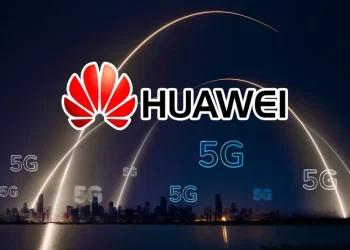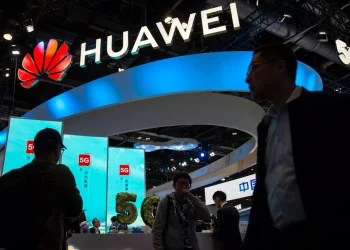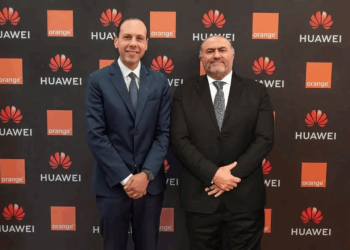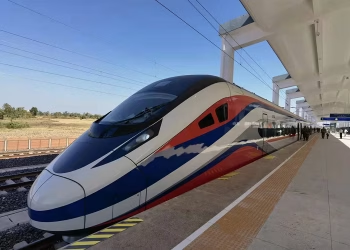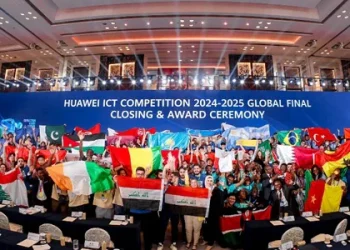The Huawei chip dispute is trending as U.S. restrictions on Huawei’s Ascend AI chips, like the 910C and 910D, spark China’s accusations of trade talk sabotage, escalating tensions. For instance, on May 19, 2025, China’s Commerce Ministry called U.S. export controls “unilateral bullying,” per Reuters. X posts reflect global concern, per @zerohedge, amid a fragile U.S.-China tariff truce. Consequently, AI chip markets are under scrutiny. Thus, this article examines Huawei chip dispute, its causes, impacts, and why it’s grabbing clicks. Internal link: Geopolitical Tech Trends
The Chip Dispute
U.S. Restrictions
The Huawei chip dispute centers on export controls. Specifically, the U.S. Commerce Department warned that using Ascend chips globally violates rules, citing U.S. tech use, per Bloomberg. Moreover, penalties include fines and export bans, per AP News. As a result, Huawei’s operations are targeted.
China’s Response
Furthermore, China retaliates. For example, it threatened legal action against enforcers of U.S. curbs, per Bloomberg. Additionally, China claims the U.S. undermined Geneva trade talks, per CNBC. Therefore, tensions escalate.
Impacts on Huawei and Markets
Huawei’s Challenges
The Huawei chip dispute strains Huawei’s growth. For instance, restrictions could cut Ascend sales by 20%, per Yahoo Finance. Moreover, X posts note NVIDIA’s concerns about Huawei’s AI chips, per @constantine_rm. Thus, market access shrinks.
Global AI Market
Moreover, it disrupts AI supply chains. Specifically, NVIDIA’s H20 chip ban in China boosts Huawei’s domestic share, per Reuters. Additionally, AIC’s tech programs show workforce demand for AI skills, per X posts. As a result, competition shifts.
Challenges Facing Resolution
Geopolitical Divide
However, Huawei chip dispute faces diplomatic hurdles. For example, U.S.-China trade talks remain fragile, per Bloomberg. Moreover, X posts cite ongoing tariff risks, per @spectatorindex. Therefore, consensus is elusive.
Tech Dependency
Another challenge is U.S. tech reliance. Specifically, Huawei’s chips may still use U.S.-derived tech, complicating bans, per AP News. Furthermore, Canada’s tariff suspension shows trade complexities, per X posts. Consequently, enforcement is tough.
The Future of Huawei’s Chips
Domestic Focus
Looking ahead, Huawei chip dispute will strengthen China’s resolve. For instance, Huawei plans mass Ascend 920 production by late 2025, per Yahoo Finance. Additionally, Computex 2025’s chip focus inspires innovation, per X posts. Thus, self-reliance grows.
Global Impact
Furthermore, Huawei will influence AI markets. For example, its chips could capture 30% of China’s AI market, per CNBC. Moreover, NVIDIA’s Taiwan AI hub faces similar trade issues, per X posts. As a result, dynamics shift.
In summary, Huawei chip dispute over Ascend AI chips disrupts U.S.-China trade, captivating audiences with its geopolitical stakes. Despite diplomatic and tech challenges, Huawei’s resilience ensures impact.
Other News:


